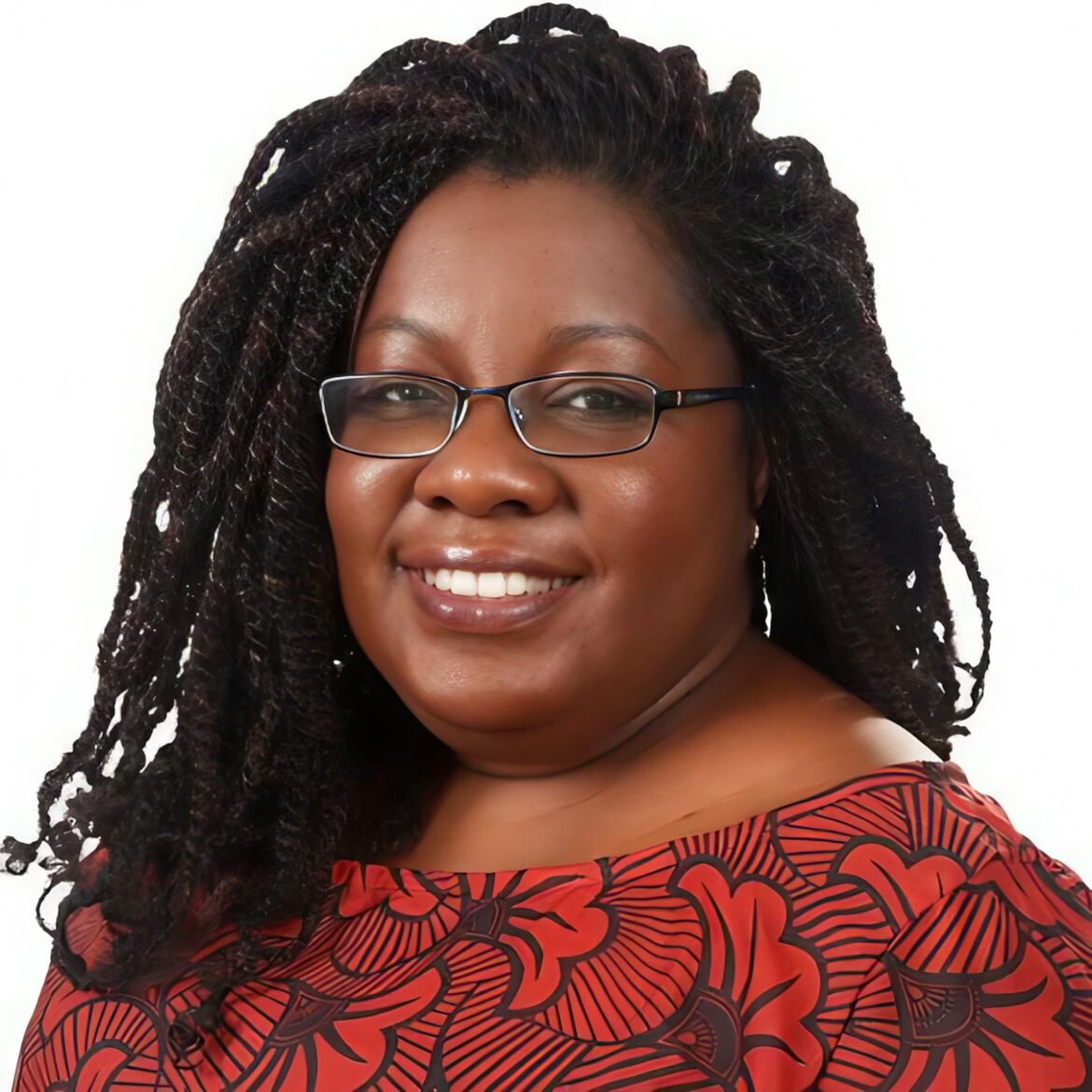Judith Okonkwo remembers the first time she held a View-Master as a child (those little red binocular-like toys where you click through reel after reel of 3D images). For most kids, it was just a fun way to see distant places or cartoon characters pop to life. But Okonkwo saw it as something more.
She didn’t have the words for it then, but what she saw through that tiny plastic window was a version of extended reality (XR). Decades later, curiosity and hunger for new worlds led her to found Imisi 3D, Nigeria’s first XR creation lab.
Today, Judith Okonkwo is a technology evangelist, a business psychologist, and a relentless believer in Africa’s ability to create technology. She is on a mission to ensure the continent isn’t left behind in the next wave of innovation.
The spark that started it all
When Facebook acquired Oculus in 2014, it sent shockwaves through the tech world. Suddenly, virtual reality (VR) was here. A few months later, Google released Cardboard, making VR accessible to anyone with a smartphone. This development got Okonkwo hooked.
She waited impatiently for the Samsung Gear VR to launch, and the moment she tried it on, she saw its potential to change education, healthcare, storytelling, and African innovation.
However, there was a problem. Africa was barely in the conversation while the rest of the world was diving headfirst into extended reality (XR). The hardware wasn’t available. The training wasn’t accessible. And worst of all, the industry wasn’t even looking at Africa as a player in this new space.
Access to XR hardware became a constant battle for African countries. Big tech companies did not officially sell their VR devices in Africa, meaning creators often paid double or triple the retail price to get a headset.
Judith Okonkwo didn’t find this funny and decided to solve this need by launching Imisi 3D.
Imisi 3D
In 2016, Okonkwo established Imisi 3D, an XR creation lab in Lagos. This facility serves not only as a venue for individuals to enjoy VR headsets for entertainment but also as a hub for learning, experimenting, and developing XR solutions created by Africans, for Africa.
Imisi 3D has three main goals: to ensure that everyday people understand VR and its potential to change lives; to train and support African XR creators through meetups, hackathons, and scholarships; and to bring immersive learning to classrooms, enhance healthcare training, and preserve African history through digital storytelling. So far, they have organised 43 events and have seven virtual reality labs.
The AR/VR Africa hackathon
In 2017, Judith launched the AR/VR Africa Hackathon, an annual event that brings together developers, designers, and XR enthusiasts across the continent. The first event started small, but by 2022, participants from 42 African countries were competing, collaborating, and creating groundbreaking XR projects.
In 2022, the event garnered international attention, and Meta partnered with Imisi 3D to support the hackathon. For the first time, a global tech giant was investing in extended reality (XR) in Africa.
The tech enthusiast is sure that in 50 or 100 years, immersive technology will be woven into every aspect of life including education, work, entertainment, and even how we experience reality itself. Judith Okonkwo is still pushing and leading XR policy conversations at the World Economic Forum (WEF), and collaborating with Harvard’s Graduate School of Education, to advocate for African inclusion in the global XR space.



